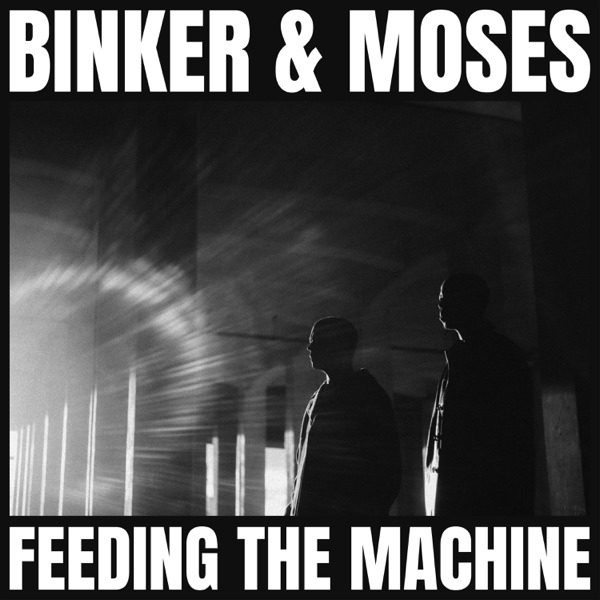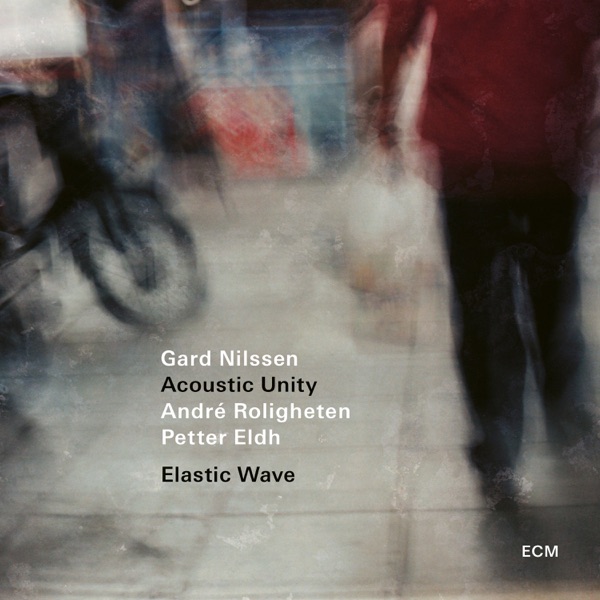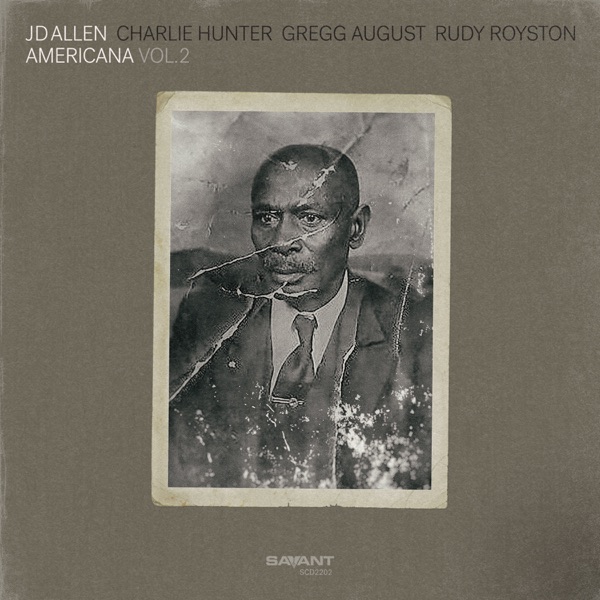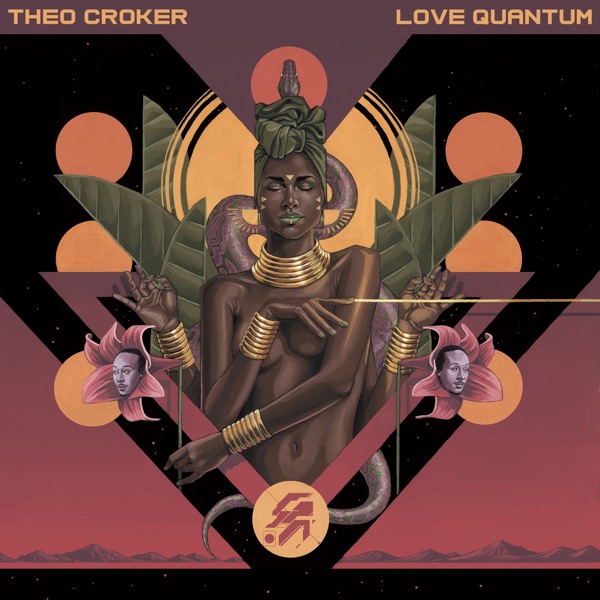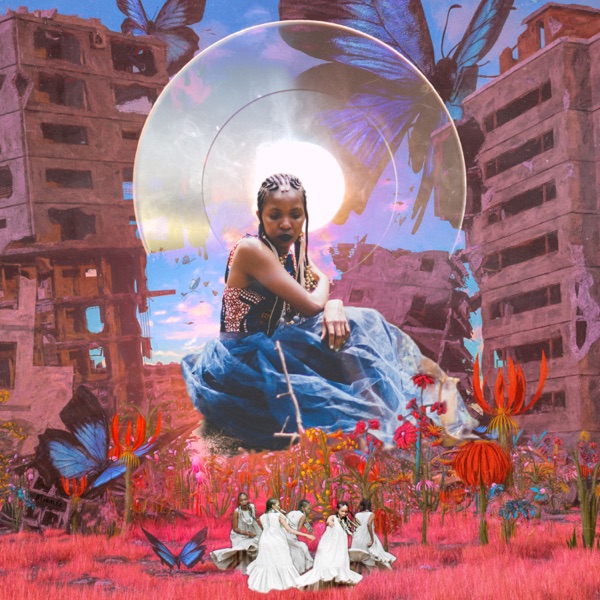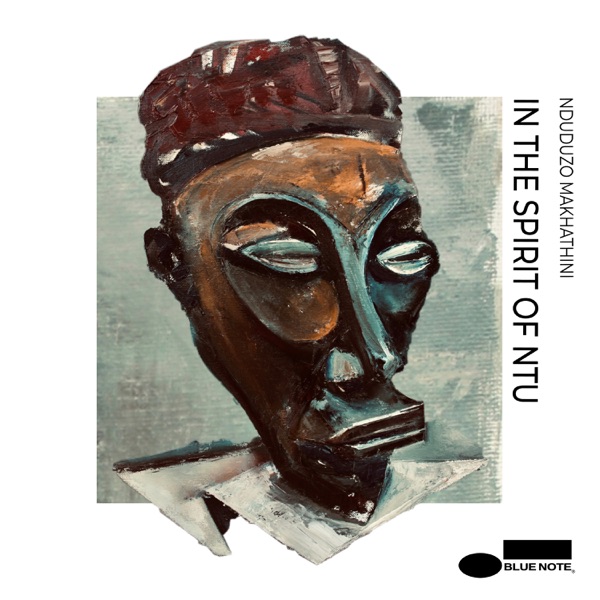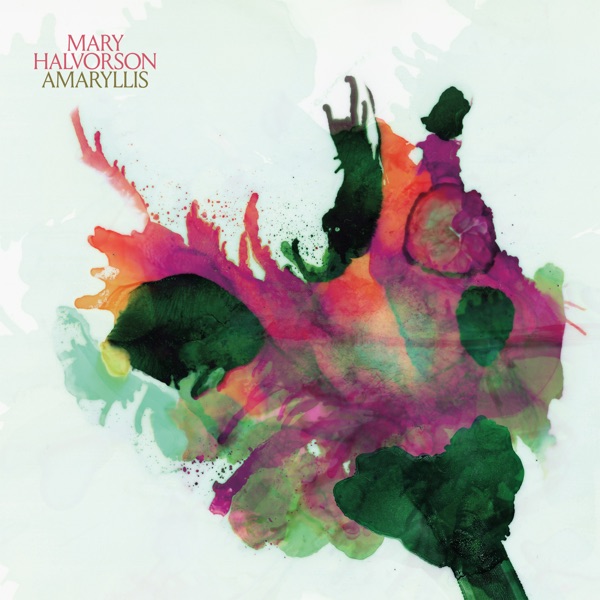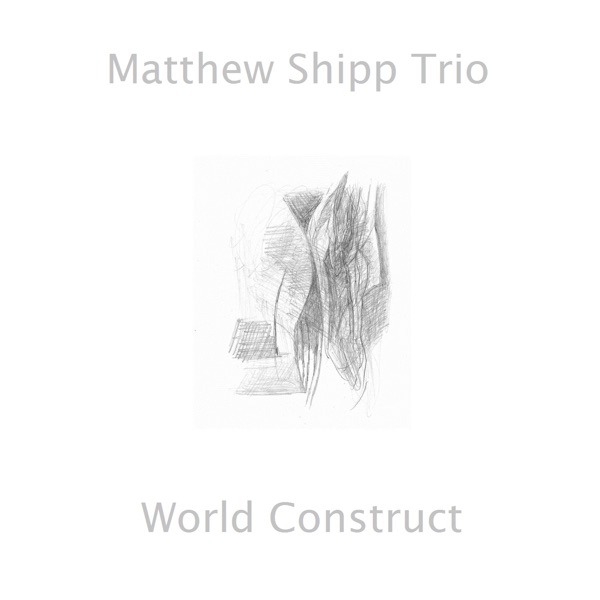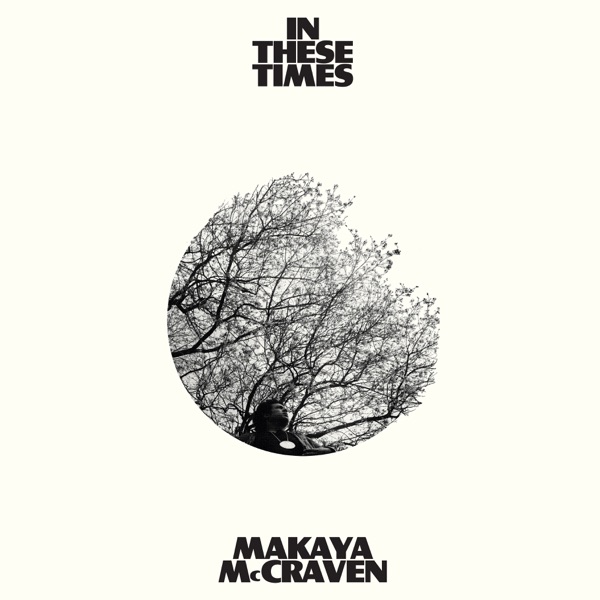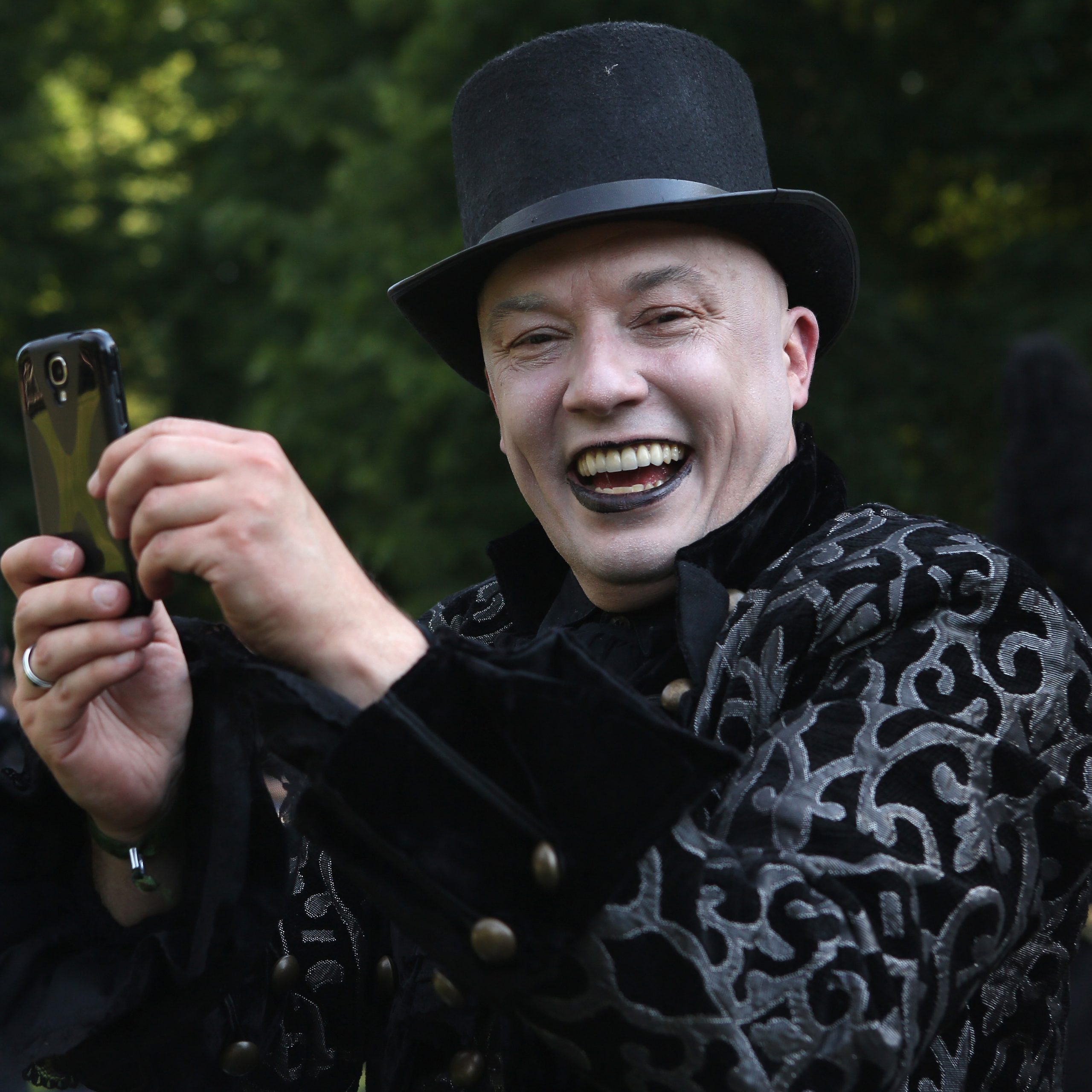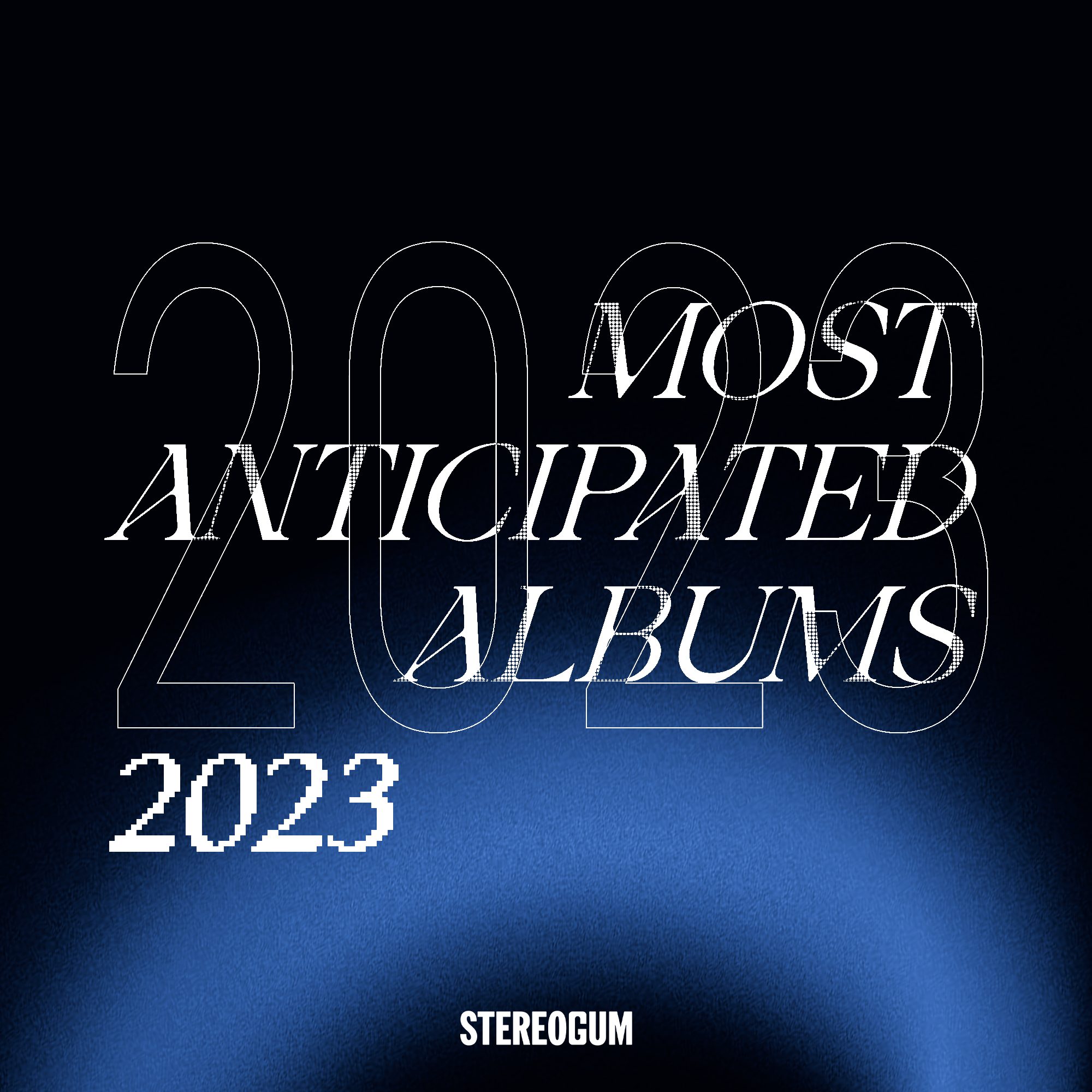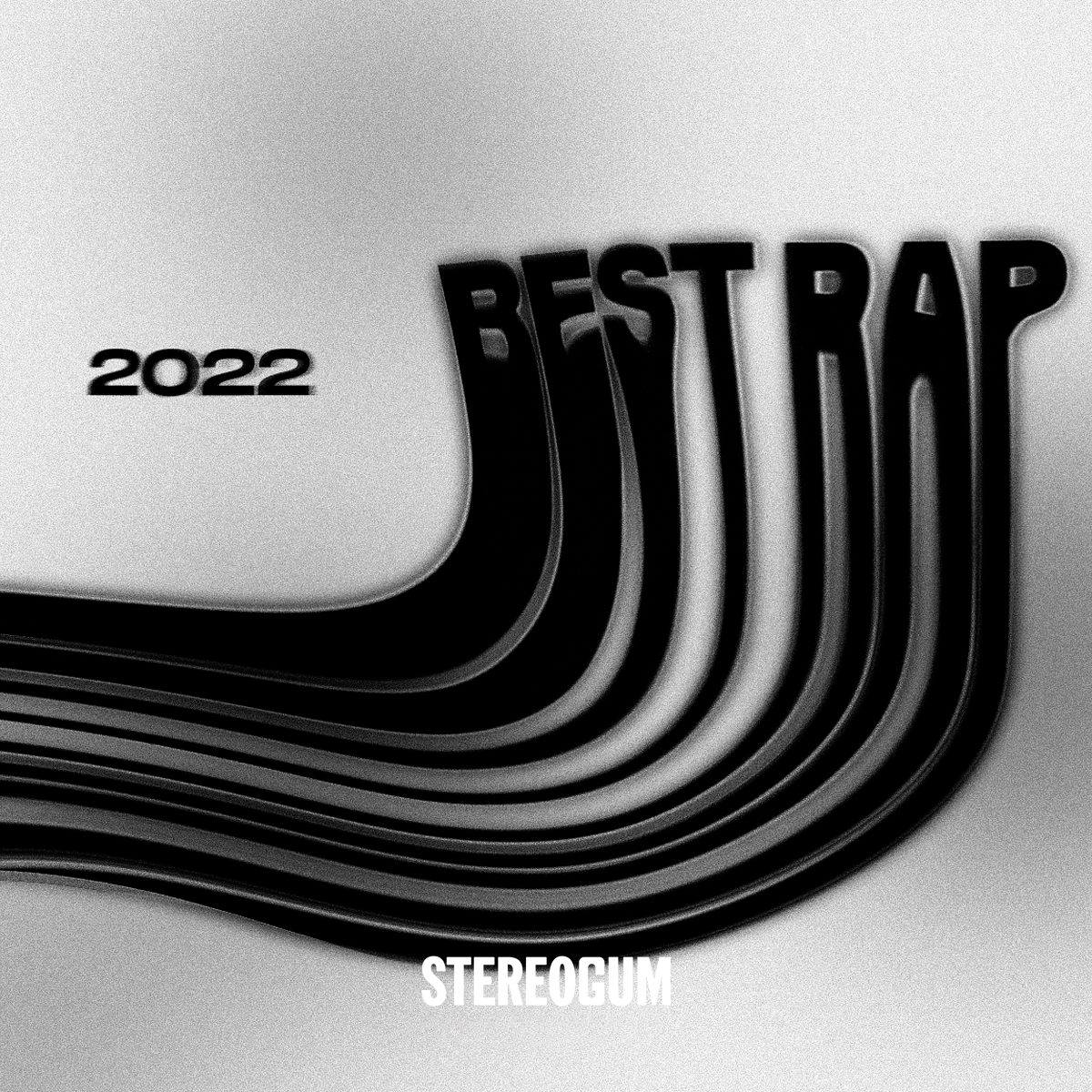2022 started off really well. A bunch of great albums came out in January, including alto saxophonist Immanuel Wilkins’ The 7th Hand; bassist Luke Stewart’s The Bottom; the Matthew Shipp/Michael Bisio duo Flow Of Everything; 2 Blues For Cecil by the trio of trumpeter Enrico Rava, bassist William Parker, and drummer Andrew Cyrille; John Zorn and Bill Laswell’s first collection of duos, The Cleansing; and Historic Music Past Tense Future, an archival recording by Peter Brötzmann, Parker, and Milford Graves. I hosted a streaming event on New Year’s Day, the Burning Ambulance Festival, that included performances from bassist William Parker, saxophonists Muriel Grossmann, Rodrigo Amado, and Patrick Shiroishi, pianist Lisa Ullén, drummer Gard Nilssen’s trio Acoustic Unity (see the list below), and many other musicians from the worlds of jazz, avant-garde improv, noise, and electronic music. In February, my book Ugly Beauty: Jazz In The 21st Century, which I’d spent most of 2021 writing, came out. The year held incredible promise.
And in fact, it turned out to be a very strong year for jazz. There were a lot of major deaths, unfortunately; we lost saxophonists Pharoah Sanders, Charles Brackeen; trumpeter Jaimie Branch, pianists Ramsey Lewis, Fred Van Hove, cellist Abdul Wadud, organist Joey DeFrancesco, vibraphonist Khan Jamal; and three key figures from Miles Davis’s electric era: bassist Michael Henderson, percussionist James Mtume, and Betty Davis, the funk singer who introduced Miles to Jimi Hendrix, changed his personal style, and inspired two key albums, Filles de Kilimanjaro and Bitches Brew. But every month saw a string of impressive albums that pushed the music forward, and key reissues and archival releases, the most notable of which, for me anyway, were Cecil Taylor’s The Complete, Legendary, Live, Return Concert At The Town Hall NYC November 4, 1973, Albert Ayler’s Revelations: The Complete ORTF 1970 Fondation Maeght Recordings, the Pyramids’ AOMAWA: The 1970s Recordings, and bassist Sirone’s Artistry.
Writing this column all year allowed me to talk to some brilliant musicians and folks working in and around jazz, including saxophonist Nubya Garcia; Markus Müller, author of a history of the FMP label; pianist Nduduzo Makhathini; Moor Mother; Thyrone Tommy, director of the movie Learn To Swim; drummer, educator, and activist Terri Lyne Carrington; bassist Eric Revis; and trumpeter Jeremy Pelt. Their thoughts and perspectives gave me a lot to think about, and expanded my own ideas about jazz — I hope they did the same for you.
But let’s get to it. Here are the best jazz albums of 2022, and 10 runners-up, listed alphabetically.
In 2017, the sax/drums duo Binker & Moses released the double disc Journey To The Mountain Of Forever, which featured a slew of guest players on its second disc, including saxophonist Evan Parker, trumpeter Byron Wallen, harpist Tori Handlsey, tabla player Sarathy Korwar, and second drummer Yussef Dayes. It was so epic, it took them five years to follow it up. This time, they’ve gone widescreen again, but in a different way, recording at Peter Gabriel’s Real World Studios, with Hugh Padgham producing. He gives their music a layer of polish via masterful deployment of reverb and atmosphere, making it sound like it’s being beamed in from the far side of the universe. The only guest this time is Max Luthert, who provides live tape loops and electronic effects that spin and whirl around the two men. (Worth noting: Binker & Moses also collaborated with Simon Ratcliffe of Basement Jaxx as Village Of The Sun this year; that album, First Light, is worth your attention too.)
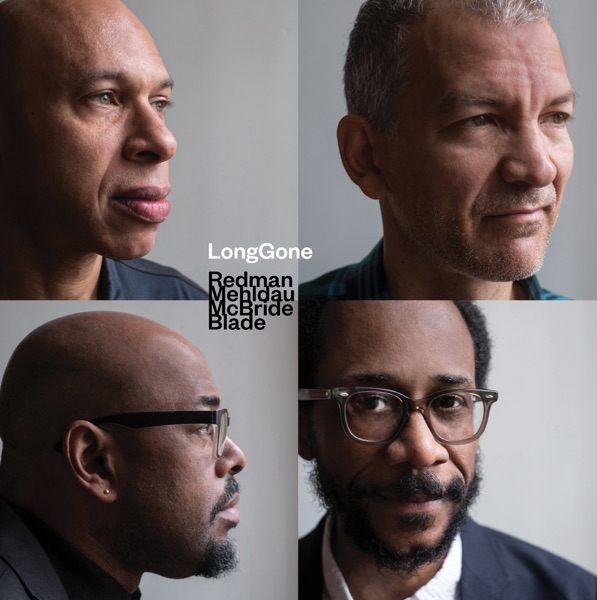
Joshua Redman / Brad Mehldau / Christian McBride / Brian Blade - LongGone (Nonesuch)
Joshua Redman put together an amazing band of up-and-coming stars-to-be for his 1994 album MoodSwing: Brad Mehldau on piano, Christian McBride on bass, and Brian Blade on drums. Afterward, they all went their separate ways, and in July of 2020, they finally came back together, releasing RoundAgain, an album that picked up right where they’d left off but added everything they’d learned and mastered in the nearly 30 years since. This second album by the reunited quartet is every bit as good as what came before. LongGone features five new studio tracks and a nearly 13-minute live track, all pulsating with energy, following the post-bop tradition down the path cut by Miles Davis’s mid ’60s quintet, with strong, hooky melodies giving way to thoughtful improvisations. Redman is a very underrated player, someone who just quietly moves through the world doing the work, and McBride and Blade are a fantastic rhythm team, bouncing and rattling and loosening up the groove, then tightening it again at a moment’s notice.
Norwegian drummer Gard Nilssen’s Acoustic Unity trio, with saxophonist André Roligheten and bassist Petter Eldh, has been together for almost a decade now. Their previous two studio albums, Firehouse and To Whom Who Buys A Record, were released in 2015 and 2019, and in between those, they put out a triple CD, Live In Europe, on which they were joined by Swedish saxophonist Fredrik Ljungkvist (of Atomic), and Norwegian saxophonists Kristoffer Berre Alberts (of Cortex) and Jørgen Mathisen (of Krokofant). They’re one of my favorite bands in the generally very fertile Scandinavian scene. Roligheten is a chameleonic saxophonist, capable of Ayler-esque gritty free blowing and Joe Henderson-style intellectual romanticism depending on the tune. Eldh’s bass is a beautiful boom, bringing to mind Charlie Haden, and Nilssen’s playing is surprisingly delicate, but the beat is never implied or abstract; it’s always right there and unmistakable.
In 2016, JD Allen, my favorite living/currently active saxophonist, released Americana: Musings On Jazz And Blues with his longstanding trio of bassist Gregg August and drummer Rudy Royston. It was a breakthrough for him in several ways. Creatively speaking, it was as deep an album as he’s ever made, personally and musically resonant, with impossibly deep, patient grooves over which he took introspective solos packed with meaning. And it was greeted with extraordinary favor by the press — he was even profiled in The Atlantic. Americana Vol. 2 is a perfect sequel, offering more of the same and adding something new, in this case guitarist Charlie Hunter. His guitar tone has real bite, diving deep into the mud and working in unison with the boss. Allen has written a bunch of his typically concise, riff-like melodies, and takes passionate but controlled solos, which often inspire stinging, Grant Green-esque soloing from the guitarist. Behind them, August and Royston keep the groove bouncing and rocking. The blues can feel like an abstraction in the hands of a lot of modern jazz players, but this is the real, smoky-barroom shit.
Trumpeter Theo Croker is the grandson of the late Doc Cheatham, who was famous for his role in preserving traditional New Orleans jazz. Croker, on the other hand, has his eye on the horizon and is moving forward constantly. His music does much more than just combine hip-hop and R&B aesthetics with jazz; he creates an entire soundworld all his own, where programmed beats and sampled-sounding keyboards provide a platform for thoughtful, romantic trumpet solos, themselves fed through effects. The music on Love Quantum incorporates a hundred different sounds and moods, from operatic wails to sudden surges of strings to dubby echo to things that seem inspired more by Björk circa Vespertine than by jazz or soul. The array of guests is startling: Jill Scott, Wyclef Jean, Gary Bartz, Kassa Overall, Jamila Woods, Teedra Moses, Ego Ella May, and drummer Chris Dave all appear.
Keyboardist and vocalist Thandi Ntuli is a visionary musician from South Africa, a country that’s absolutely overflowing with jazz talent right now. Her 2018 album Exiled and a 2020 self-titled live album blended jazz with poetry, chamber music (the live set featured a five-piece string section), funk, and more. Blk Elijah & The Children Of Meroë is a loose concept album about returning from exile and exploring the “inner-verse” of one’s heart and psyche, comparable to the work of Janelle Monaé in the way it applies sci-fi/fantasy concepts to theories of healing. The band includes trumpeter Ndabo Zulu, saxophonist Mthunzi Mvubu, guitarist Keenan Ahrends, bassist Shane Cooper, drummer Sphelelo Mazibuko, and percussionist Nompumelelo Nhlapo, and the music blends jazz, rock, and soul into a unified sound that surges in waves, with Ntuli’s gentle voice — she sings like she’s dreaming the lyrics into existence — floating amid sustained chords and wind chimes.
South African pianist Nduduzo Makhathini’s tenth album overall, In The Spirit Of Ntu, is very different from its predecessor, 2020’s Modes Of Communication: Letters From The Underworlds. The band includes players he’s worked with before — saxophonist Linda Sikhakhane, trumpeter Robin Fassie Kock, and percussionist Gontse Makhene — and new faces: vibraphonist Dylan Tabisher, bassist Stephen de Souza, and drummer Dane Paris. There are guest appearances from Swiss singer Anna Widauer (singing on “Re-Amathambo,” a reworking of the first track from 2017’s Ikhambi) and US saxophonist Jaleel Shaw. Makhathini’s own voice can be heard on most tracks, while his wife Omagugu, who appears on all his records, is only heard once, though the track she’s on, “Mama,” is an emotional crux point of the album. Some of the music is much more percussive than before, with layers of interlocking rhythm, and his piano playing is more dissonant and weightier, the notes landing like metal bars dropped from the ceiling. The album-ending “Ntu” is a solo piano piece that serves as a kind of anchor, and a reckoning with everything the musicians and the listener have learned on the hour-plus journey that’s come before.
Guitarist Mary Halvorson has long been an under-recognized composer. Across her initial string of releases, which featured ever-expanding bands (trio, quintet, septet, octet), the pieces were numbered in the order she wrote them, and by assembling them into a playlist you could hear a voice emerge and develop. She’s no longer numbering her compositions, and her style is pretty much established at this point. She doesn’t prioritize her own instrument, preferring to sit in the middle of the music and offer a certain amount of leadership and guidance while playing a fundamentally supportive role. This album, one of two she released simultaneously, features a new band including trumpeter Adam O’Farrill, trombonist Jacob Garchik, vibraphonist Patricia Brennan (who put out a brilliant record of her own, More Touch, this year), bassist Nick Dunston, and drummer Tomas Fujiwara. The music has more prominent melodies than she’s offered in the past, and a lush, orchestral feel at times, but there are still plenty of moments of avant-garde abstraction; it all winds together like an overgrown, ungroomed but still beautiful flowerbed.
Matthew Shipp’s made seven albums to date with bassist Michael Bisio and drummer Newman Taylor Baker, including two backing saxophonist Rich Halley and one with flutist Nicole Mitchell, and every one is worth hearing. World Construct is one of the group’s best, superficially free but often very swinging, and track titles like “Jazz Posture” and “Abandoned” imply that out-jazz piano trio eruption is a style of music that Shipp no longer feels much kinship with. He’s great at it, but it’s just one tool in his kit, and one he rarely busts out anymore. “Stop The World,” a duo with Bisio (they’ve recorded three albums in that configuration) and a gentle ballad that sounds like two men feeling their way through a dark room, really gives you a sense of the deep interaction at the heart of this music. Shipp has been at this for decades, and his music has one of the clearest, most traceable evolutionary paths in jazz, from marathon explorations to beat-driven and electronic-tinged experiments to this music, which is a kind of classicism that really seems to represent his soul in audio form.
Makaya McCraven worked on this record for seven years, off and on. It features a lot of the same musicians heard on his albums In This Moment and Universal Beings, and more — Junius Paul on bass, Jeff Parker on guitar, Joel Ross on vibraphone and marimba, Brandee Younger on harp, Marquis Hill on trumpet, Greg Ward on alto sax, Irvin Pierce on tenor sax, Greg Spero and Rob Clearfield on piano, De’Sean Jones on flute, a string quartet... As always with McCraven, the methodology revolves around intricate sculpting and layering and collaging of live and in-studio recordings, but the results are deeper and more lush than ever before. It sounds like he’s trying to create his version of an early ’70s CTI album, jazz crossed with Philly soul, and he pulls it off. There are pieces here where amid the harp, vibes, strings and guitar, you half expect the Delfonics to start singing. And every once in a while, there’ll be just a dash of distortion, like you’re listening to a dusty piece of vinyl. This is a truly beautiful record, made to immerse yourself in.
RUNNERS-UP
The Bad Plus - The Bad Plus (Edition)
Avishai Cohen - Naked Truth (ECM)
Roxy Coss - Disparate Parts (Outside In)
Julieta Eugenio - Jump (Greenleaf Music)
Kokoroko - Could We Be More (Brownswood)
Hedvig Mollestad & Trondheim Jazz Orchestra - Maternity Beat (Rune Grammofon)
Brandon Seabrook - In The Swarm (Astral Spirits)
Linda Sikhakhane - Isambulo (Ropeadope)
Tom Skinner - Voices Of Bishara (Brownswood/Nonesuch/International Anthem)
Lisa Ullén / Ellen Bergman / Anna Lund - Space (Relative Pitch)
OUTWARD BOUND
https://twitter.com/ryanaboyd/status/1596324974239027200

